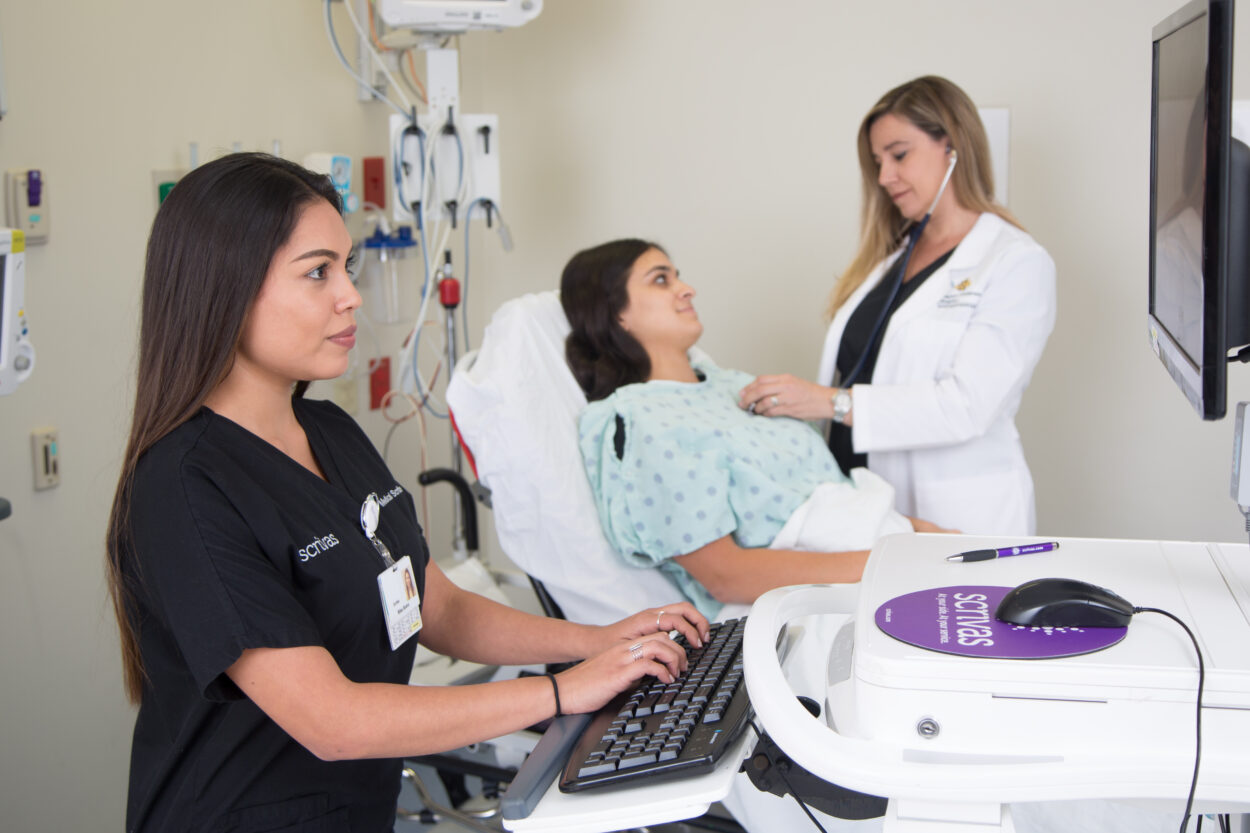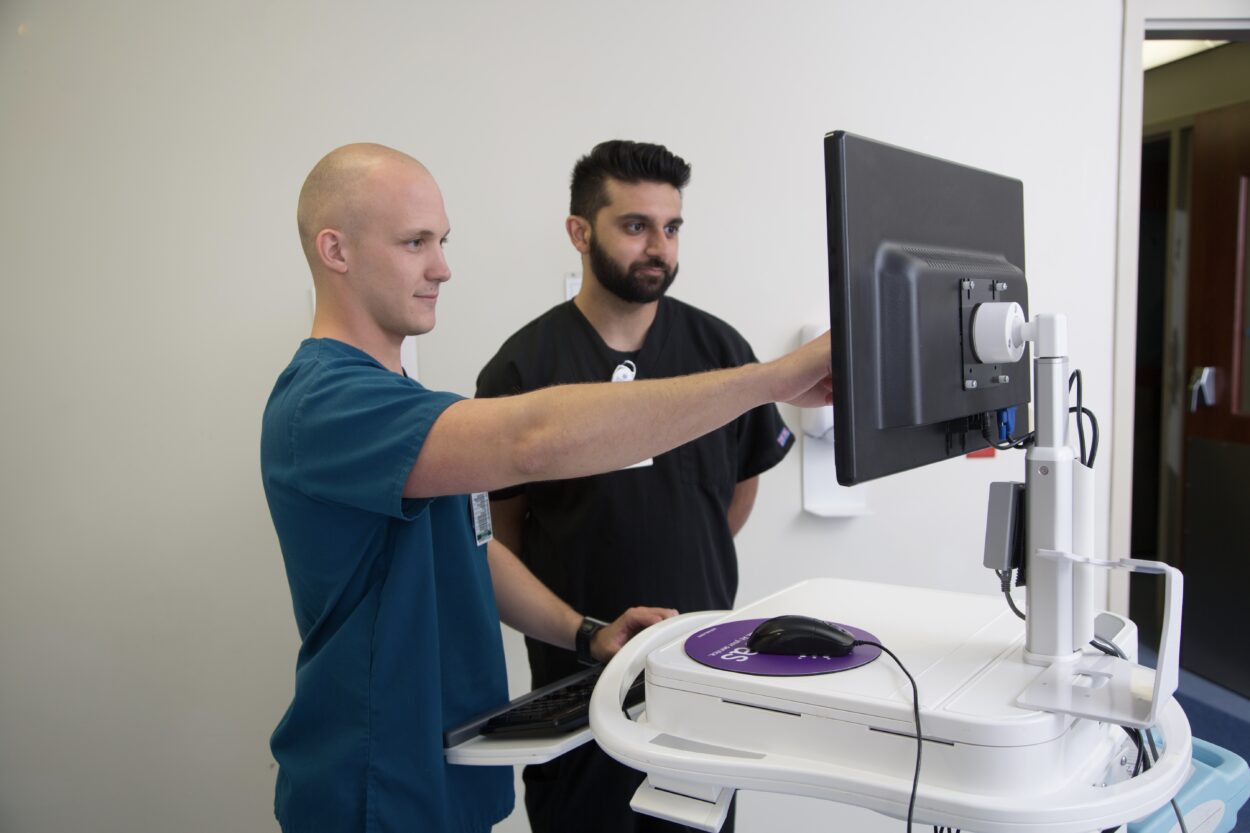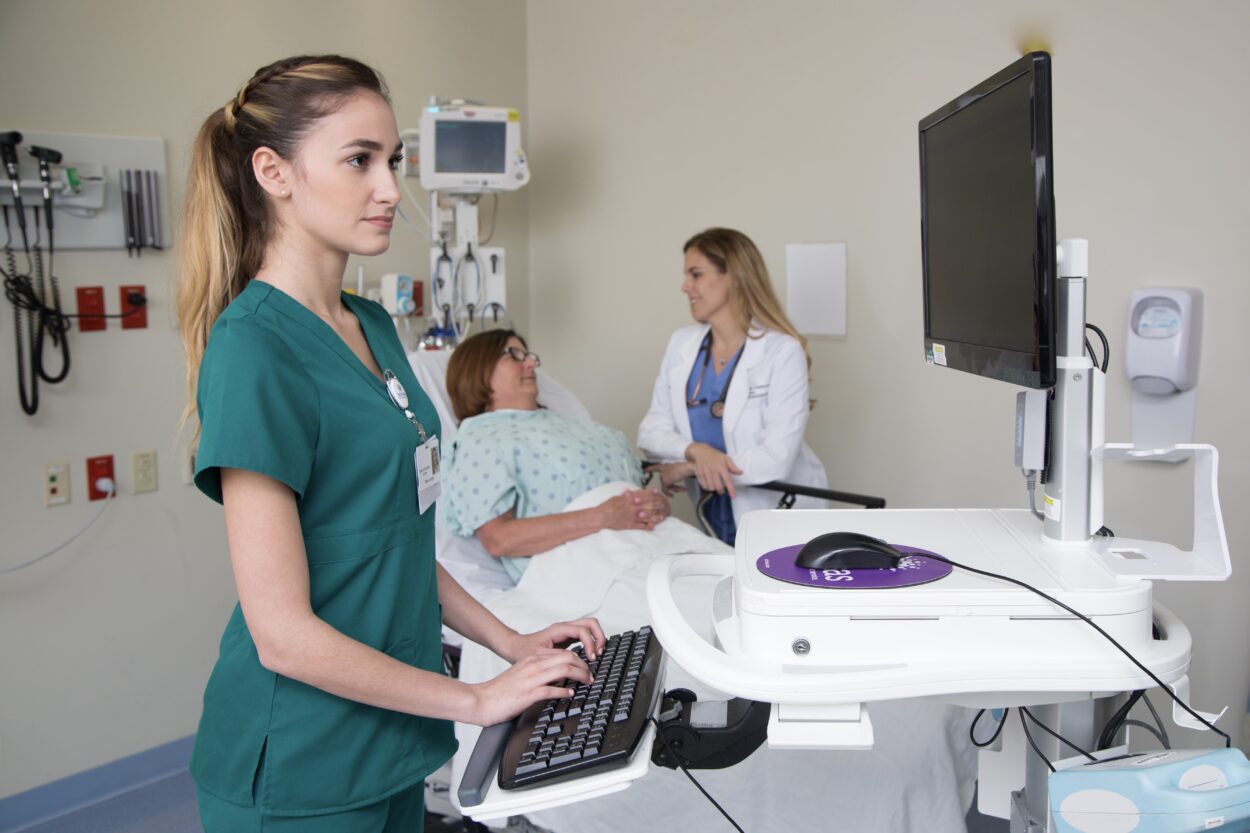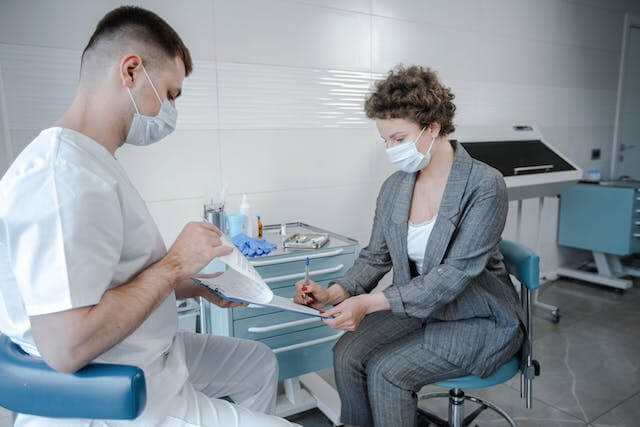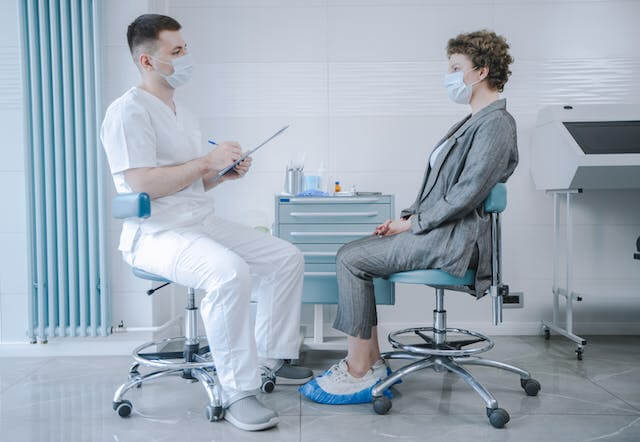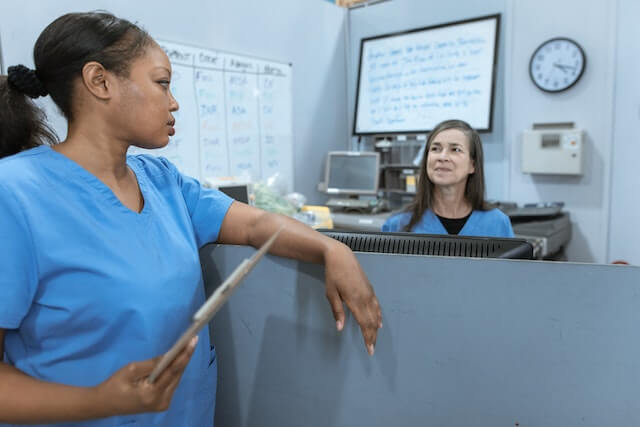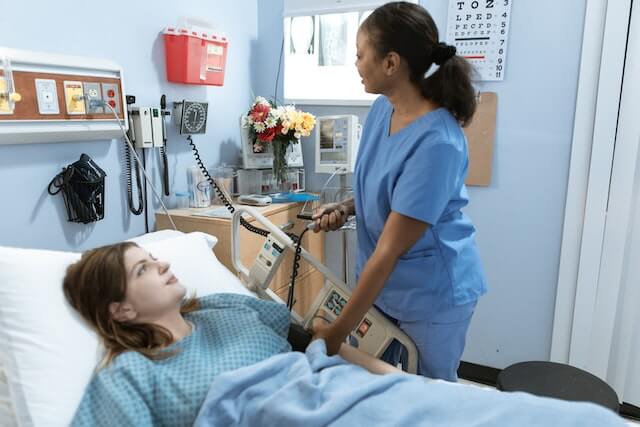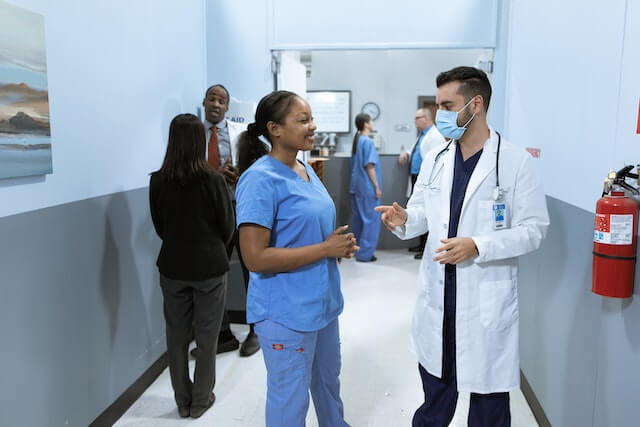In the ever-evolving and constantly disruptive landscape of healthcare, optimizing patient satisfaction has become an over-arching goal for healthcare executives. Patient satisfaction is the line that connects quality service with quality outcomes. With today’s businesses relying exclusively on reviews, customer feedback, and overall customer perception as the focal point of their success; healthcare organizations are continuing to find ways to improve the level of service that is provided to patients. Healthcare organizations are beginning to mimic other industry standards outside of healthcare with their quality of service. Viewing major companies such as Amazon’s Same-Day Prime shipping, or the direct correlation between Uber driver scores with how quickly the customer arrived to their destination, implicates the need for rapid delivery and efficient service. This trend in customer service is a little bit more complex when it comes to providing and prioritizing care. One innovative solution that has demonstrated a transformative impact on patient satisfaction is the integration of medical scribes into various healthcare settings. This article explores the significant contributions of medical scribes and their profound influence on enhancing the overall patient experience. Efficiency and Streamlined Workflow: One of the key advantages of incorporating medical scribes into healthcare practices is the …
Our physician-designed training program will teach you everything you need to know! You’ll receive hands-on training and extensive on-site experience. Our training programs are the best in the business!

